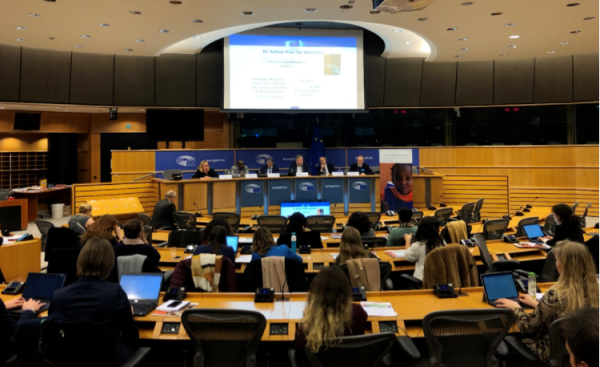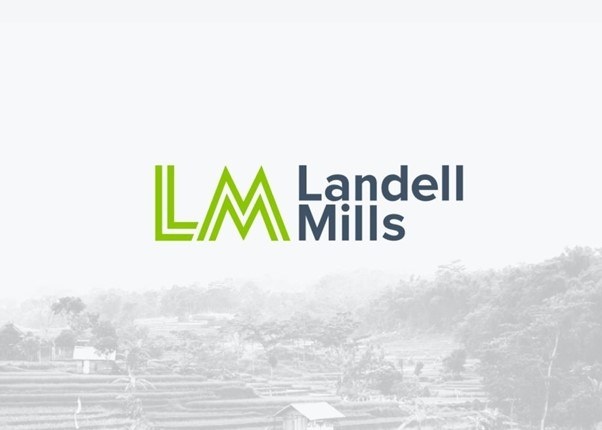Agriculture, fisheries,
food security and nutrition
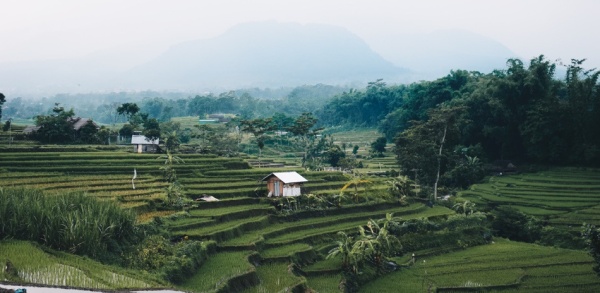
We have been working in the agriculture and fisheries sectors since the company was founded in 1975. Our work predominantly covers the following sub-sectors, which are often integrated:
This includes support to the development of policies, regulations and standards. In Viet Nam we supported the government in the update of its VietGAP standard, while in Afghanistan we helped to draft primary and secondary legislation in the animal health and perennial horticulture sectors.
We also work to strengthen agricultural institutions (particularly Ministries of Agriculture) and, cross-cutting with our Markets, Enterprise and Trade division, we provide support to increase agricultural trade through helping to meet Sanitary and Phytosanitary (SPS) measures, as well as the necessary quality infrastructure such as food safety testing, certification and inspection. In Uzbekistan we prepared an institutional restructuring plan for the Ministry of Agriculture, across Central and West Asia we have developed plans for food safety testing laboratory upgrades, and in Zimbabwe we have improved capacity of the Competent Authorities to undertake surveillance and monitoring of SPS risks in the horticulture sector and to certify horticulture products for export.
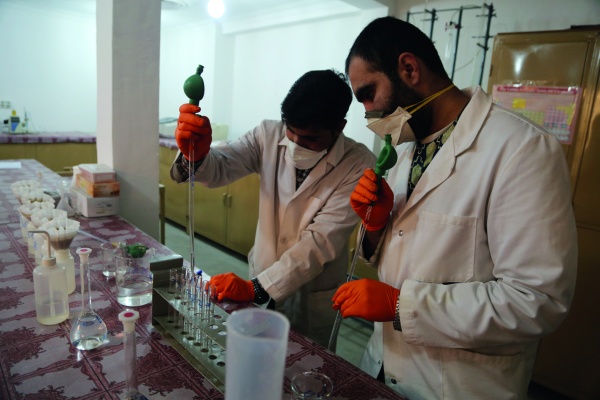
We work directly, or indirectly through the public and private sector, to improve primary production (agricultural productivity), particularly for smallholder farmers. This includes:
- Adaptive research and technology transfer. For example, we implemented an award-winning project to transfer technology and ideas between UK, Chinese and African partners to improve the production of a number of products including cassava. In Nepal we conducted farmer and government field trials on using biochar as an organic fertiliser, which resulted in increased yields, with the technology then upscaled through the government’s extension service.
- Utilising ICT as an information tool for farmers (and agribusinesses). Recent work has included overseeing a pilot project to utilise mobile internet technology for agricultural information dissemination in Cambodia.
- Irrigation and on-farm water management – see further in our Environment, Water, Climate Change and Disaster Risk Reduction section.
- Improving quality through the introduction of Good Agricultural Practice (and linking this to certification systems). For example, in Mongolia we have provided support to producer groups on improving processes and practices to meet the requirements of the new Mongolia Noble Fibre (MNF) certification (quality) mark which we also helped to develop.
- Improving access to finance.
As well as improving productivity, we also provide help to increase the adoption of climate smart agriculture. For example, in Sudan we worked with government agricultural extension services in Kassala, Gedaref and Blue Nile States to raise awareness and knowledge amongst farmers of rain-water harvesting and conservation agriculture techniques for rain-fed sorghum production. The new approaches showed demonstrable yield increases – terms of the standard unit of 90kg sacks of sorghum, average production among project farmers increased from a baseline average of 1-3 sacks per feddan (1.038 acres), to 7-9 sacks, with some farmers producing over 15 sacks (depending on location). In Thailand we are managing the design and implementation of a pilot project on enhancing soil carbon in partnership key agribusinesses engaged in agri-inputs and services – covering the use of cover crops, composting, perennial and tree crop plantings, and animal integration.
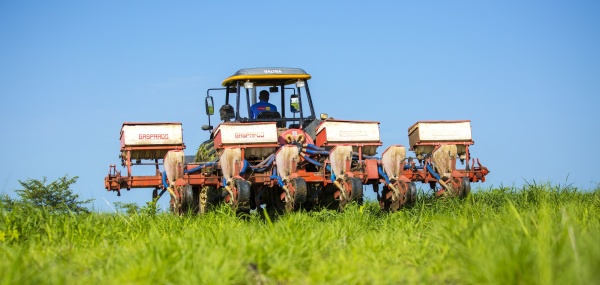
Our work aims to ultimately improve the farm gate price for smallholders. This can be achieved through improving the efficiency of value chains, both upstream and downstream, and ensuring that farmers obtain a fair price for their products. This includes:
- Strengthening the bargaining power of farmers through the development of farmer groups.
- Linking farmers and farmer groups with input suppliers and processors, through supply or contract farming agreements. This can help to introduce ‘embedded’ services based on win-win arrangements. For example, in Sudan, interventions under an EU-funded project have helped to stimulate the market for improved seeds and agro-chemicals, with agribusinesses now providing these on a commercial basis to farmers, while in Timor-Leste we are supporting coffee famers in improved production practices and linking them with Olam, one of the world’s largest coffee processors.
- Improving value-chain infrastructure such as farm to market roads, cold chain and storage, and wholesale markets. For example, in Sudan we are supporting the development of pro-poor public-private partnerships for the upgrading and management of infrastructure (fattening units, abattoirs, markets etc.) in the red meat sector. In Uzbekistan we are undertaking the feasibility design of a US$140 million loan project for the modernisation and devolved management of rural infrastructure including farm-to-market roads.
- Modernising agribusinesses through improving technology and processes (e.g. GMP and HACCP), access to finance, and technology.
- In parallel to quality infrastructure improvements mentioned in other sub-sections, introducing farm-to-fork traceability systems. For example, we are managing the design and implementation of a pilot project for livestock traceability across the Laos-China border.
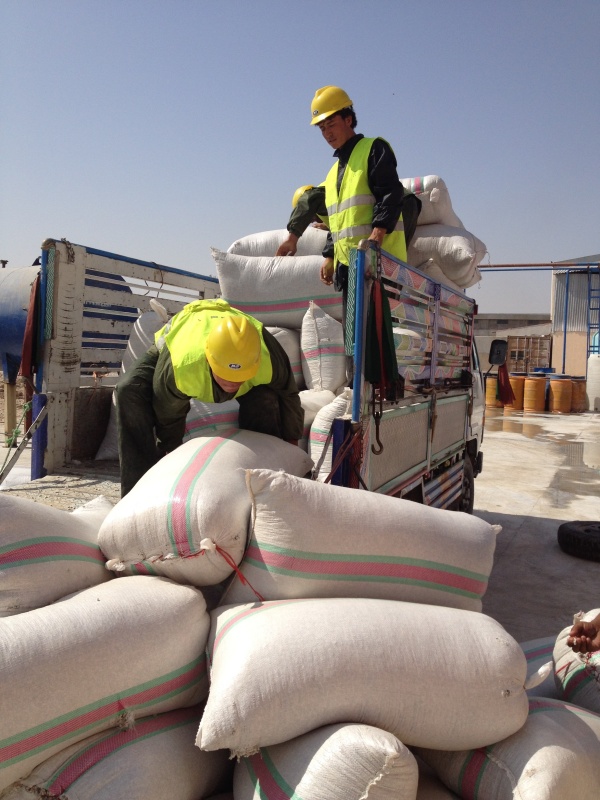
Improving food supply through improved agricultural productivity, storage and distribution (see further above) is key to improved food security. Food also needs to be safe and nutritious. Our work on food safety standards and quality infrastructure is mentioned above. In the area of nutrition, we have worked predominantly in the area of nutrition-sensitive agriculture. For example, we have managed one of the EU’s flagship food fortification contracts to develop capacities at global, regional and national levels to understand and manage opportunities and challenges presented by fortification and to support implementation of pilot food fortification projects. Other recent projects include a six-year project to improve the effectiveness of the European Commission’s global interventions in food and nutrition security and sustainable agriculture.
We work on assignments covering wild fisheries and aquaculture, both commercial and artisanal. Our work covers all of the sub-sectors mentioned above.
Enabling environment: We have recently built the capacity of the Seychelles Fishing Authority and the National Biosecurity Agency to meet SPS compliance obligations under the WTO Agreement and international standards, while in Cambodia we have recently assessed the fisheries sector policy to determine if it is fit-for-purpose. In Albania we helped to align the fisheries legal framework with the EU aquis, and piloted a monitoring, control and surveillance system and vessel monitoring system. In Samoa and Tonga we supported fisheries administrations to update stock information and develop sustainable deepwater snapper fisheries management plans.
Fisheries production and supporting infrastructure: We have worked with government extension services in Red Sea State in Sudan to improve techniques and technologies for artisanal fishers, including better on-board handling techniques, use of cool boxes etc. Production gains of over 60% were recorded. We implemented an award-winning project to transfer technology and ideas between UK, Chinese and African partners to improve the production of a number of products including tilapia. In Cambodia we are designing marine fisheries landing sites and assessing the potential to support investment in community fisheries groups for sustainable aquaculture (including mariculture).
Value chain development: In East Africa (Kenya, Uganda and Tanzania) we are working with the Lake Victoria Fisheries Organisation (LVFO) to support the development of stronger business links between regional and international commercial aquaculture related businesses and strengthening trade and investment support services. In Cambodia we are undertaking the feasibility of setting up a marine financing facility to support investment across fisheries value chains, particularly in the processing sector.
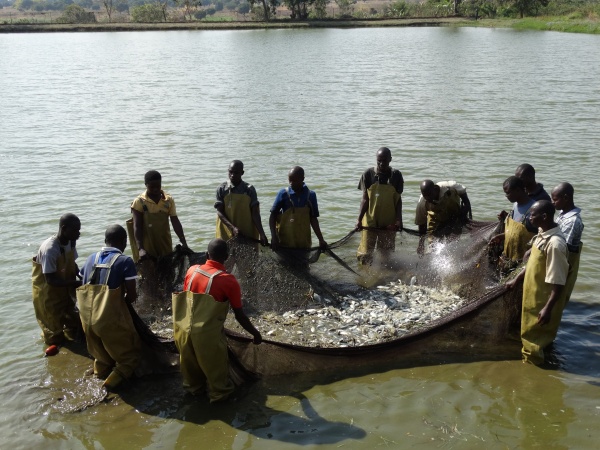
We aim to improve gender equality in agriculture, interventions for which are often mainstreamed into our projects. This includes, for example, enhancing women’s voices in decision-making (e.g. through membership of farmer groups) and ensuring equal access to opportunities (e.g. ensuring that training events are undertaken at a time of day which is convenient for women with appropriate child care arrangements if applicable; designing financial products which women can access). As well as project-specific work we have produced a brochure and a guidance manual for practitioners on ‘integrating gender perspectives into food and nutrition security and sustainable agriculture programmes’ for the European Commission, as well as undertaking a case study gendering investments in agriculture.
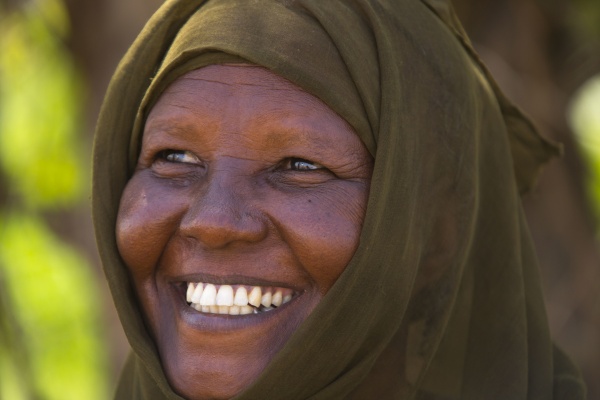
Project Examples
Working with China to Accelerate Agricultural Technology Transfer to Low-Income Countries (AgriTT)
This was one of the UK government’s first projects to effectively triangulate UK Aid with Chinese South-South cooperation. AgriTT improved agricultural productivity and food security in developing countries by bringing together Chinese agricultural development practice and technology expertise, with UK research and project management experience, and the local knowledge of African and Asian partners.
AgriTT took an integrated approach, looking at both production technologies and other aspects of the value chain, including production, processing, distribution and marketing.
Landell Mills won the International Collaborative Project award at the 2017 British Expertise International Awards for its management of the programme.
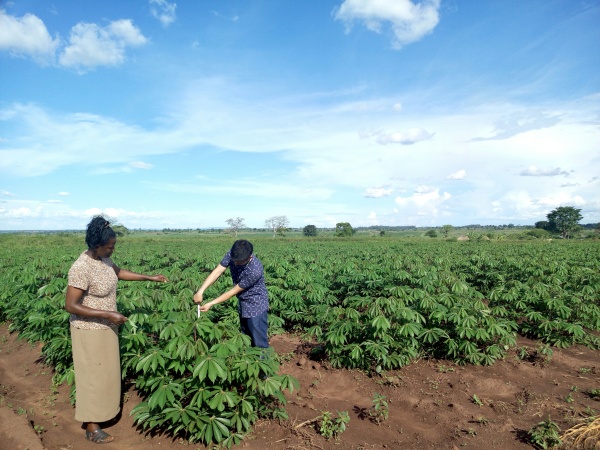
Technical Assistance to the Rural Smallholders Component of the Sudan Food Security Programme (SFSP)
This EU-funded project aimed to improve the productivity and income of rural smallholders, and as a result their livelihoods, both through practical demonstration, in terms of subsidised inputs and implementation, and through the use of various training and extension methodologies. In Gedaref, Kassala and Blue Nile States, the focus was on improving sorghum productivity by smallholder farmers during the rain-fed agricultural season. In Red Sea State, the focus was on enhancing productivity from smallholder horticulture and near-shore artisanal fishing. The project adopted a market development approach, working with extension services to build the capacity and technologies of producer associations, smallholder farmers and fishermen and linking them with financial service providers and upstream and downstream agribusinesses.
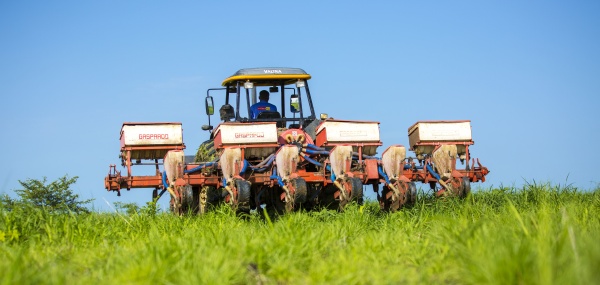
Mainstreaming Climate Change Risk Management in Development – Consultants for Sustainable Rural Ecology for Green Growth
The Nepal Biochar Project was a 2-year pilot project between the Government of Nepal and the Asian Development Bank, for which Landell Mills was awarded the Development Project of the Year Award 2017 by British Expertise. The project's main focus was to assess the viability for scale-up of the utilisation of biochar, a green growth technology, for addressing declining soil fertility, crop productivity and resulting farm income, while reducing the import of chemical fertilisers.
Landell Mills collected data from government and farmer field trials in over 100 rural communities, testing the most effective ways to produce and utilise biochar. This was the most extensive biochar field trial done worldwide to date. Significant yield increases were observed for all crops tested, ranging from 20% for tomato to 300% for pumpkin.
Following the success of the project the government incorporated biochar technologies into national programmes, which will impact thousands of farmers.
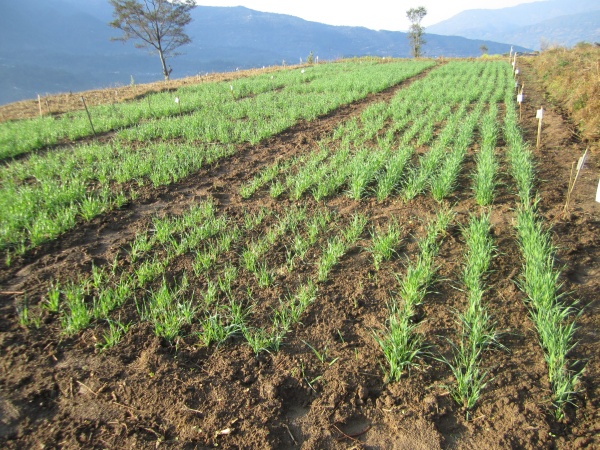
Olam International Limited: Inclusive, Sustainable, and Connected Coffee Value Chain
Landell Mills provided technical assistance to support a loan agreement between ADB’s private sector operations and Olam, a private agribusiness, to expand its operations in the Timor-Leste coffee value chain, by working with farmers to improve coffee production and quality.
Over three years, the project has designed and delivered a series of good agricultural practice and climate-smart agriculture training to over 4,200 coffee farmers. Training has covered modules including pruning, nursery management, plantation management, and harvest and post-harvest management. Using a Farmer Field School approach, training has taken place across 120 demonstration plots.
Beyond training, the project has conducted a pilot traceability and speciality project, piloted the use of a digital farmer information management system through android technology, supported farmers to obtain Organic and Fairtrade certification, and set-up a new agricultural cooperative.
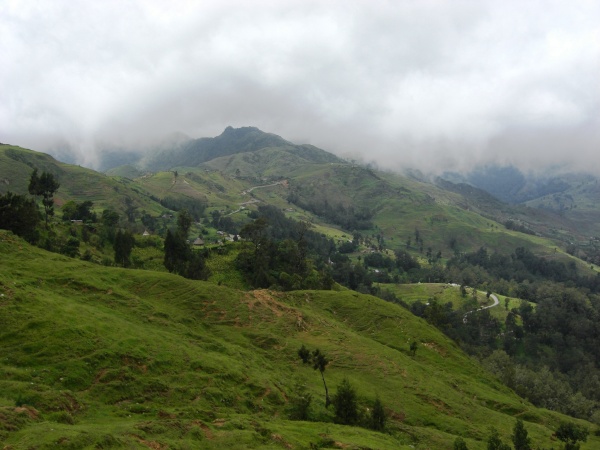
Technical Assistance for Strengthening National Capacities in Food Fortification
The Food Fortification Advisory Service (2FAS) is a 7-year project which is funded by the EU and is implemented through a Landell Mills and the Global Alliance for Improved Nutrition (GAIN) partnership. 2FAS provides technical assistance to the EU and EU Delegations with the purpose of: supporting partner countries to implement new or strengthen existing national fortification programmes; increasing action and political commitments to food fortification at both global and national levels; and sharing knowledge and lessons learned on the role of food fortification in reducing micronutrient deficiencies.
2FAS is providing ongoing support to ten different EU-funded food fortification projects across Chad, Democratic Republic of the Congo, Ethiopia, The Gambia, Kenya, Madagascar, Niger and Sudan, as well as supporting a programme in Kazakhstan, at the request of the EU Delegation. In addition to this, the 2FAS research portfolio implemented by Agrinatura comprises of three different research lots which are currently conducting research centred around different food fortification themes.
